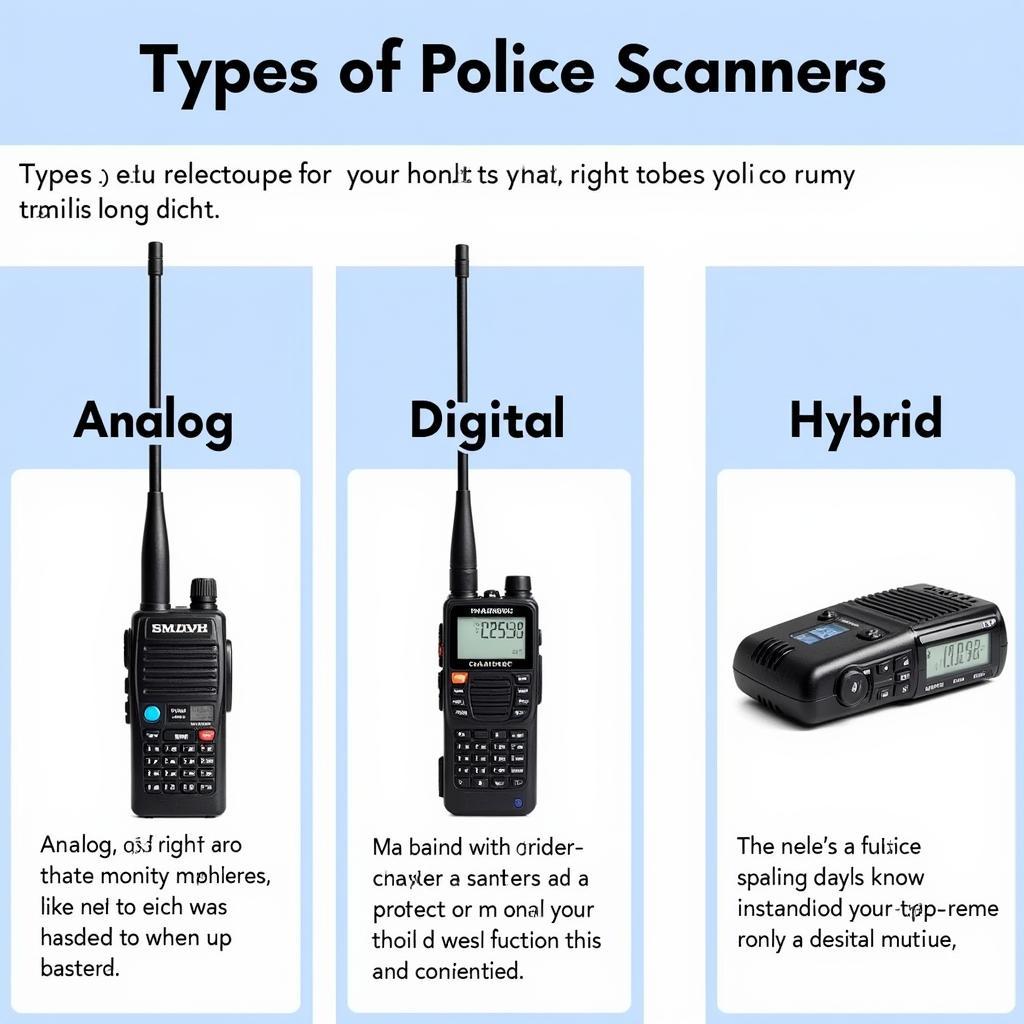Network security is paramount in today’s digital landscape. Whether you’re a seasoned IT professional or a home user, understanding the devices connected to your network is crucial. This is where Open Source Network Scanning Tools come into play. These powerful tools provide valuable insights into your network’s structure, identifying potential vulnerabilities and ensuring its overall security.
Why Use Open Source Network Scanning Tools?
Open source tools offer a plethora of benefits:
- Cost-Effectiveness: The most compelling reason is their free and open-source nature, making them accessible to individuals and businesses with budget constraints.
- Community Support: A vibrant community of developers and users actively contributes to their development, providing support, updates, and enhancements.
- Customization: The source code is readily available for modification, allowing users to tailor the tools to their specific needs and integrate them into existing workflows.
- Transparency: The open-source nature fosters trust and transparency, as users can scrutinize the code for any potential security vulnerabilities.
Key Features to Look for in Open Source Network Scanners
When choosing an open source network scanning tool, consider the following features:
- Comprehensive Scanning Capabilities: The tool should support a wide range of scanning techniques, including TCP/UDP port scanning, ping sweeps, OS fingerprinting, and network mapping.
- Vulnerability Detection: The ability to identify known vulnerabilities within your network is essential. Look for tools that maintain an updated database of Common Vulnerabilities and Exposures (CVEs).
- User-Friendly Interface: A clear and intuitive interface simplifies network analysis, even for those new to network security.
- Reporting and Visualization: Detailed reports and visualizations provide actionable insights into your network’s security posture.
Popular Open Source Network Scanning Tools
Let’s explore some of the most popular open source network scanning tools:
Nmap (“Network Mapper”)
Nmap is a powerhouse in the realm of network scanning. It’s renowned for its versatility and comprehensive scanning capabilities. Nmap can perform:
- Port Scanning: Identify open ports on target systems.
- Service Version Detection: Determine the applications and versions running on specific ports.
- OS Fingerprinting: Identify the operating system of target devices.
- Network Mapping: Create a visual representation of your network topology.
Nmap’s versatility extends to its scripting engine, allowing users to automate complex scanning tasks and data analysis.
OpenVAS (“Open Vulnerability Assessment System”)
OpenVAS is a comprehensive vulnerability scanning and management system. It offers a wide array of features:
- Vulnerability Scanning: Identify and assess security weaknesses in your network infrastructure.
- Vulnerability Management: Track and prioritize vulnerabilities based on severity and potential impact.
- Reporting and Remediation: Generate detailed reports and provide guidance on mitigating identified vulnerabilities.
OpenVAS’s extensive vulnerability database and regular updates make it an invaluable tool for maintaining a robust security posture.
Wireshark
While primarily known as a network protocol analyzer, Wireshark is an exceptional tool for network discovery and troubleshooting. Its key features include:
- Packet Capture and Analysis: Capture and analyze network traffic in real-time, providing deep insights into network communication patterns.
- Network Discovery: Identify active devices on your network and analyze their communication behavior.
- Troubleshooting: Diagnose network issues by examining network traffic at the packet level.
Wireshark’s ability to delve into the intricacies of network traffic makes it an indispensable tool for network administrators and security professionals.
Angry IP Scanner
True to its name, Angry IP Scanner swiftly scans IP addresses and ports, providing a comprehensive overview of your network. Its features include:
- Fast and Efficient Scanning: Scans large networks quickly, making it ideal for identifying active devices.
- Port Scanning: Identifies open ports and associated services.
- Web Server Detection: Detects web servers and retrieves basic information such as server type and HTTP headers.
- Extensible with Plugins: Supports plugins to extend its functionality and integrate with other tools.
Angry IP Scanner’s speed and ease of use make it a popular choice for network administrators and IT professionals.
Choosing the Right Tool for Your Needs
The best open source network scanning tool for you depends on your specific requirements. Consider the following factors:
- Technical Expertise: If you’re comfortable with command-line interfaces, tools like Nmap offer unparalleled flexibility. If you prefer a more user-friendly experience, graphical tools like OpenVAS or Angry IP Scanner might be more suitable.
- Scanning Requirements: Do you need to perform basic port scans or in-depth vulnerability assessments? Tools like OpenVAS excel at vulnerability scanning, while Nmap is a versatile choice for various scanning tasks.
- Reporting and Visualization: Consider your reporting needs and whether you require detailed reports or interactive visualizations to understand your network’s security posture.
Conclusion
Open source network scanning tools provide invaluable insights into your network’s security, allowing you to identify vulnerabilities and take proactive measures to mitigate risks. By understanding the capabilities of these tools and selecting the right one for your needs, you can enhance your network’s overall security posture. Remember to stay informed about updates and best practices to maximize the effectiveness of these tools in safeguarding your network.
Need expert assistance with your network security? Contact ScanToolUS today at +1 (641) 206-8880 or visit our office at 1615 S Laramie Ave, Cicero, IL 60804, USA. We’re here to help you secure your digital assets.

